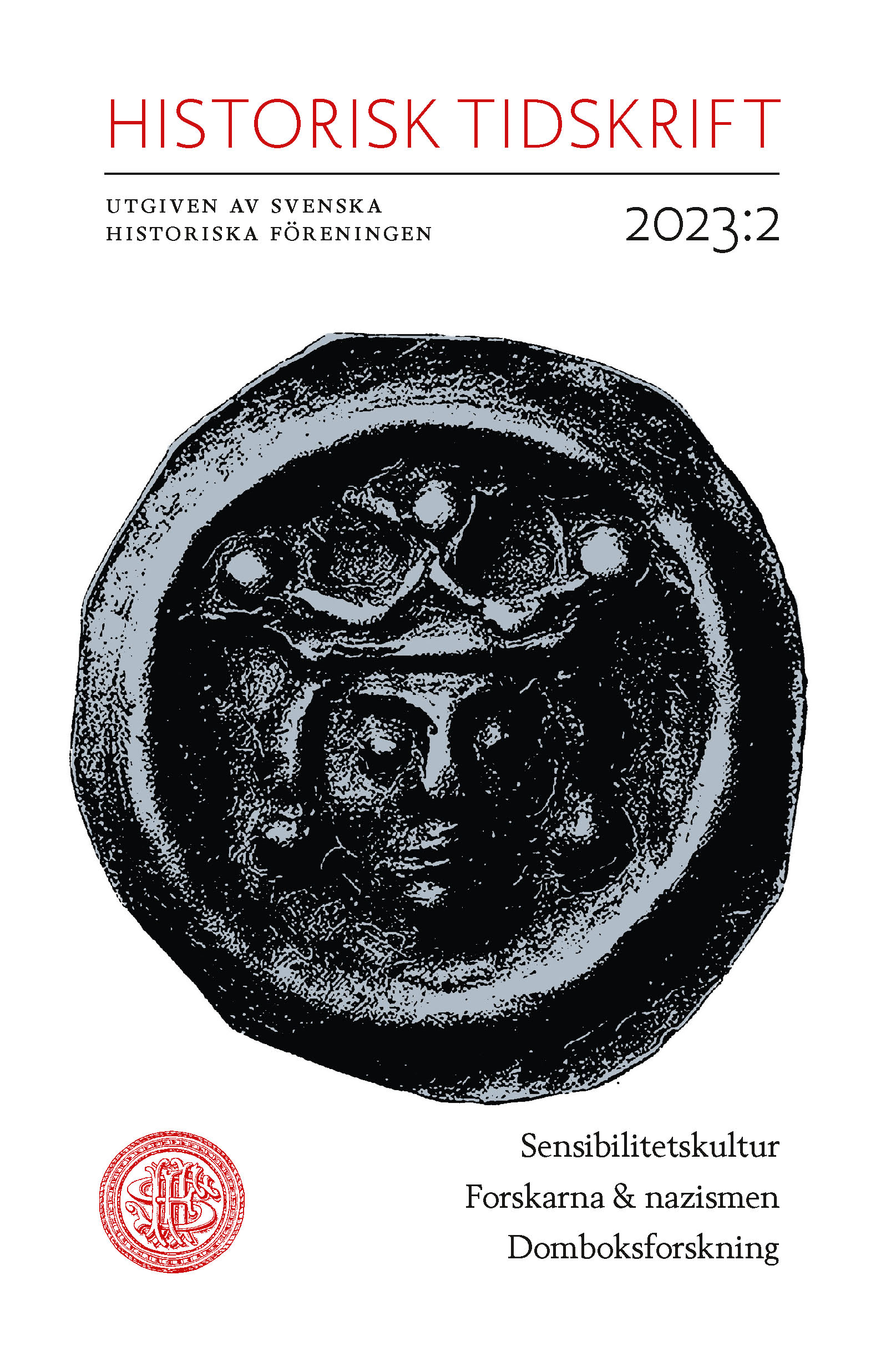Abstract
Scholars, Nazism, and scholarly objectivity: The US, the UK, and France, 1935–1939
Focusing on different interpretations of the ideal of scholarly objectivity, this article examines books and reviews dealing with Nazism written by American, British, and French scholars between 1935 and 1939. After the rise of the Nazi regime in 1933, scholars in three of the Western democracies that later faced Germany in the Second World War sought to explain the character and goals of Nazi ideology and the Nazi state. Some already specialised in German history, others gravitated towards the topic because of political developments. Often, their research and reviews led them to reflect on scholarly objectivity, impartiality, and neutrality.
One notable example was the American political scientist Frederick Schuman who visited Nazi Germany in 1933. Schuman argued, while claiming to strive for an honest, undistorted depiction, that Nazi ideology, since it demanded either rejection or acceptance, rendered impartiality and neutrality impossible. His American colleagues, mainly political scientists and historians, took him to task for being overly critical of a regime which in their view had positive aspects. Émigré scholars in the US and France such as Fritz Ermarth, Fritz Morstein Marx, and Harald Mankiewicz, who had been forced to flee the Third Reich, were expected to set their experiences aside, allowing Nazi authors to speak unchallenged. While Schuman was criticised for his approach, Ermarth, Morstein Marx, and Mankiewicz were lauded for a form of objectivity which implied refraining from critical comment.
The reception of Henri Lichtenberger’s L’Allemagne nouvelle, first published in French in 1936 and in English translation the following year, is another case in point. Lichtenberger was one of the founding fathers of German studies in France and worked for French–German understanding during the 1930s. In his book, he went to great lengths not to criticize the Third Reich and its leadership. Although several scholars, especially in the US, praised Lichtenberger’s impartial approach there were also dissenting voices who took exception to his reticence. In 1938 and 1939, ever more scholars argued for the importance of taking sides in response to a state which in their view posed problems greater than the question of scholarly objectivity. In this context, the sociologist Aurel Kolnai’s indictment of Nazism, despite making no pretence to being dispassionate, seemed more attuned to the situation. The ideal of scholarly objectivity and impartiality proved not only its persistence in the scholarly encounter with Nazism, but also its inadequacy as a response to the challenge posed by the Third Reich. It was only when that regime appeared as an immediate threat to other countries that scholarly discourses changed.

